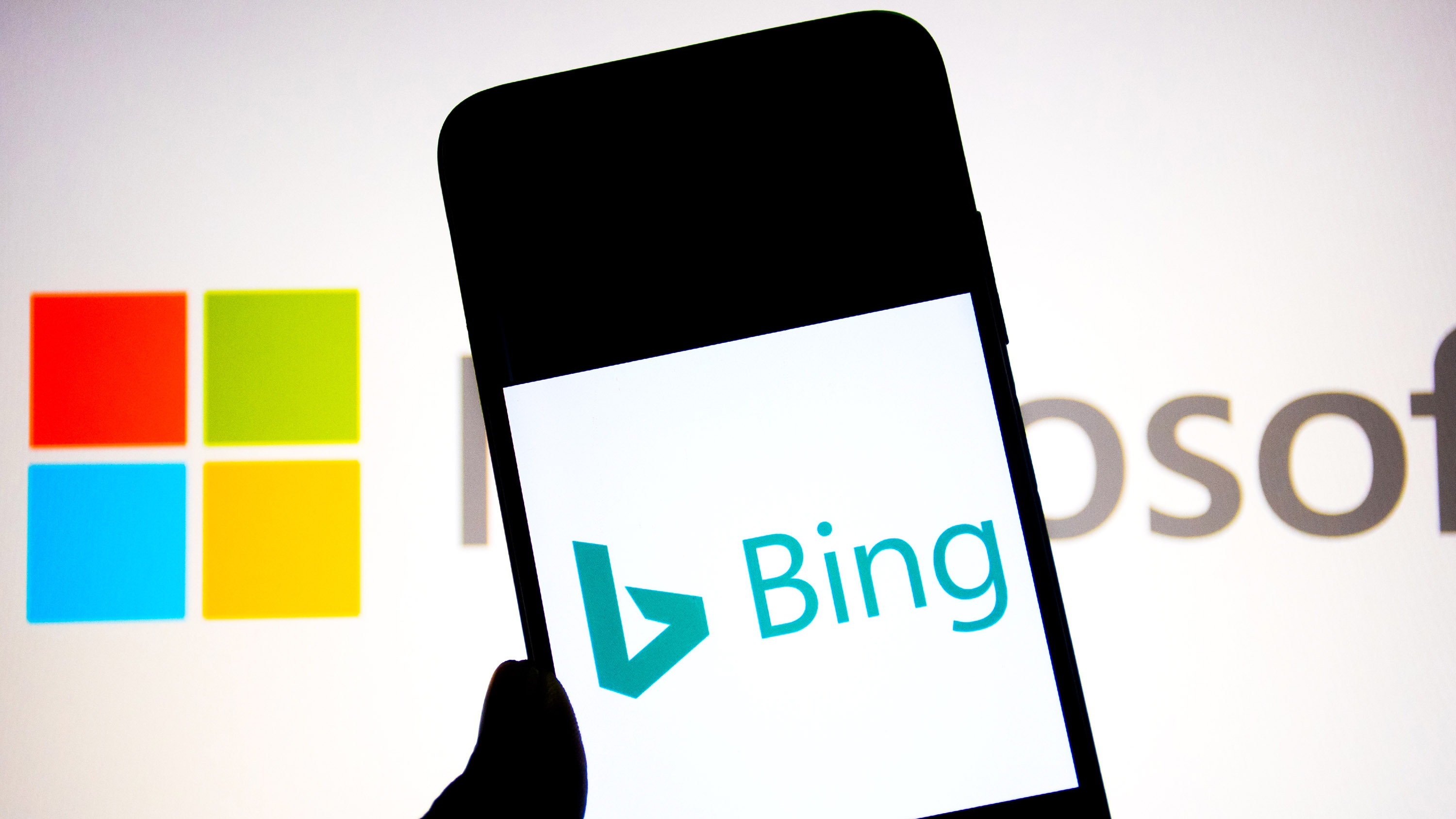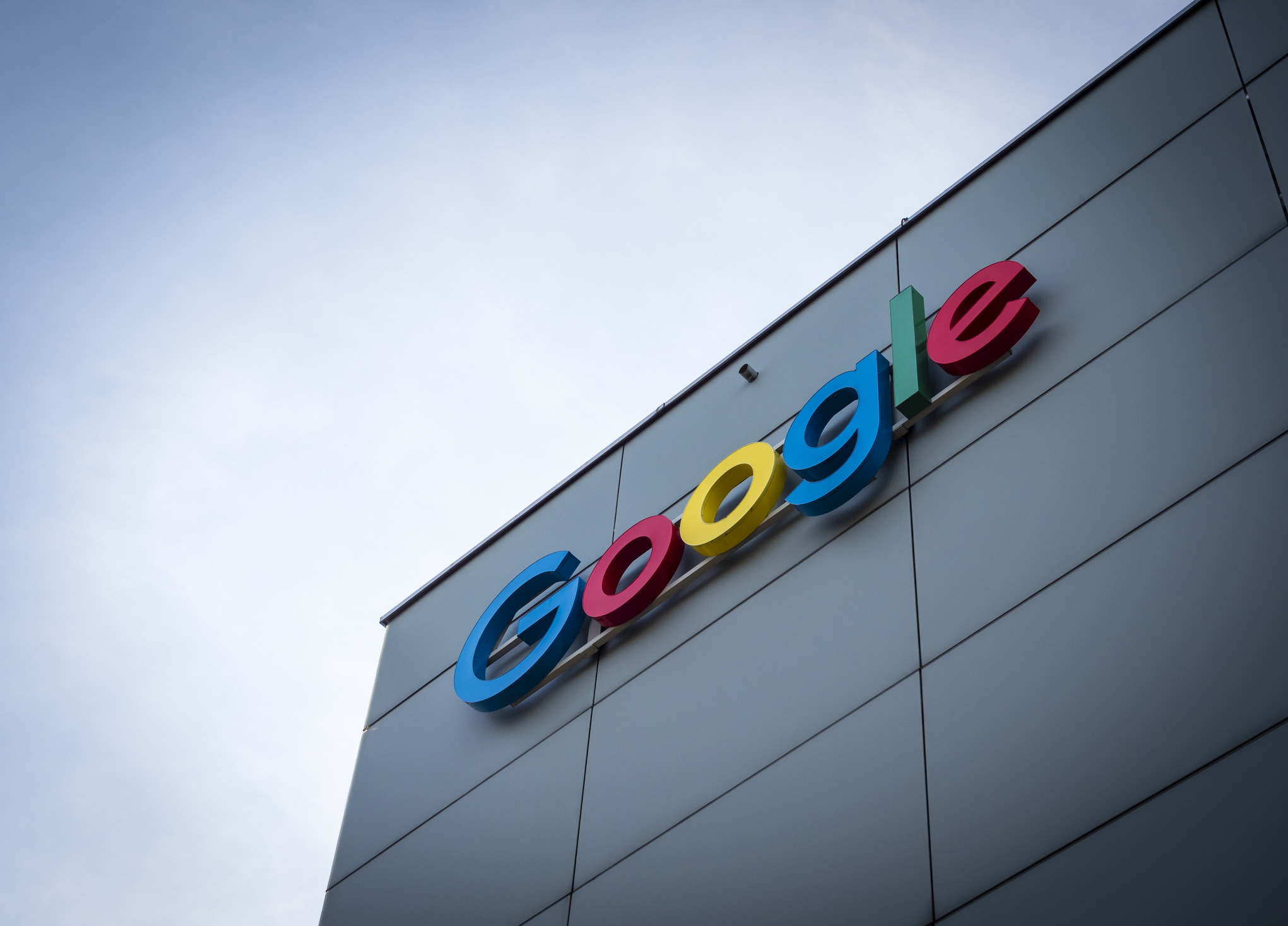
What you need to know
- Microsoft AI CEO Mustafa Suleyman recently announced the Bing team is unshipping 27 features to simplify the search engine.
- The CEO didn't specify the features being removed from the platform.
- This news comes after Bing surpassed 140 million daily active users in April, and Microsoft CEO Satya Nadella attributed the feat to the company's AI efforts.
Earlier this year, Bing surpassed 140 million daily active users. Microsoft CEO Satya Nadella announced the feat during the company's FY24 Q3 earnings call, attributing the immense success to its big AI push on the search engine.
Despite Microsoft's AI efforts in Bing, Google continues to dominate the search landscape. Now, the company is embracing a new approach to drive more growth toward the platform while improving its user experience.
Microsoft AI CEO Mustafa Suleyman recently announced Bing's team has simplified the search engine's user experience by unshipping 27 features. According to Suleyman:
“Simplicity is one of the core principles I am focused on.”
Simplicity is one of the core principles I am focused on. I am so proud that the @bing team has unshipped 27 features. Being brave enough to undo complexity is important.October 10, 2024
Microsoft AI's CEO further claimed the move would help remove complexities from the platform. "Being brave enough to undo complexity is important," added Suleyman while praising the team's efforts.
To this end, it remains unclear which features the Bing team is unshipping from the platform. The move could enhance Bing's user experience as users often complain about its (debatable) bloatedness.
A step in the right direction for Bing?

As it stands, Google continues to dominate the search market share with a whopping 90.01%, while Bing only claims 3.95%. This reality seems like a steep mountain for Microsoft to climb, but that doesn't mean it isn't doable.
During Google's antitrust case last year, Microsoft CEO Satya Nadella claimed Google doesn't play fair with Bing. He further indicated that Apple's deal with Google to use its search engine across its wide array of devices has negatively impacted Bing. Nadella stated that he was willing to part with up to $15 billion annually to secure a similar deal with Apple, citing it would be a game-changer for Bing.
Interestingly, Apple almost bought Bing from Microsoft, but critical quality issues thwarted the plans. Due to the search quality issues, Apple categorically stated, 'there's no price Microsoft could pay' to make it ditch Google. The iPhone maker claimed that Microsoft offered Bing for free but still turned down the offer.
Last year, watchdogs scrutinized Microsoft's Edge and Bing services, potentially placing them at risk that would warrant gatekeeper regulation. However, upon further investigation, the watchdogs discovered that the services weren't dominant enough in the digital market, prompting exemption from regulation.
Perhaps more interesting, a new kid on the block — OpenAI's "temporary prototype" search tool, SearchGPT could stir trouble and potentially break Google's dominance in search. Experts say the rapid adoption of AI is revolutionizing how users interact with the internet and search. While Google is fighting multiple battles in court, former Google Engineer Arvind Jain says:
"I think for Google right now, AI (is) a much bigger deal than the ruling. AI is fundamentally changing how the search product also works."
It'll be interesting to see if Microsoft's move to simplify Bing's user experience will help drive more growth to the platform and potentially give it a competitive edge over Google.
🎃The best early Black Friday deals🦃
- 💻Dell XPS 16 (RTX 4060) | $2,299.99 at Best Buy (Save $750!)
- 📺LG Curved OLED Monitor (32-inches) | $903.20 at Amazon (Save $597!)
- 🎮Amazon Fire TV Xbox Game Pass bundle | $74.99 at Amazon (Save $62!)
- 🔊2.1ch Soundbar for TVs & Monitors | $44.99 at Walmart (Save $55!)
- 💻Dell G16 Gaming Laptop (RTX 4070) | $1,299.99 at Dell (Save $450!)
- 🎧Sennheiser Momentum 4 ANC | $249.95 at Amazon (Save $150!)
- 📺LG C4 OLED 4K TV (42-inches) | $949.99 at Best Buy (Save $450!)
- 💻Samsung Galaxy Book4 Edge (X Elite) | $799.99 at Best Buy (Save $550!)








